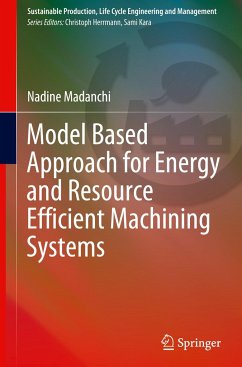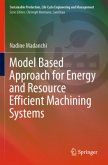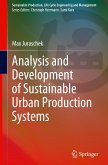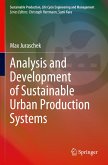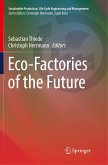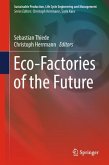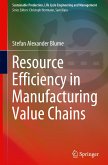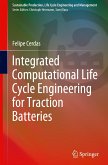This book provides a concept to analyze and increase the energy and resource efficiency of machining systems. Machining systems are widely used to produce workpieces in large quantities and with complex geometrical shapes. These systems, however, are also relevant in terms of energy and resource consumption, which is strongly connected to the choice of cutting fluid strategy. Within the focus of the concept, cutting fluid connects the elements of the machining system and results in interactions between them. Based on this description and an extensive literature review, a modeling approach is developed that comprises the relations between process parameters, cutting fluid strategies, and relevant machining system elements. The performance of the machining system is assessed with regard to environmental, economic as well as technological indicators and improved by various organizational and technical measures. The exemplary application of the developed concept is carried out in thecontext of two case studies and also indicates the corresponding effects of improvement measures.
Bitte wählen Sie Ihr Anliegen aus.
Rechnungen
Retourenschein anfordern
Bestellstatus
Storno

